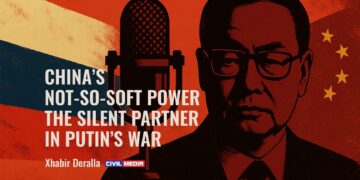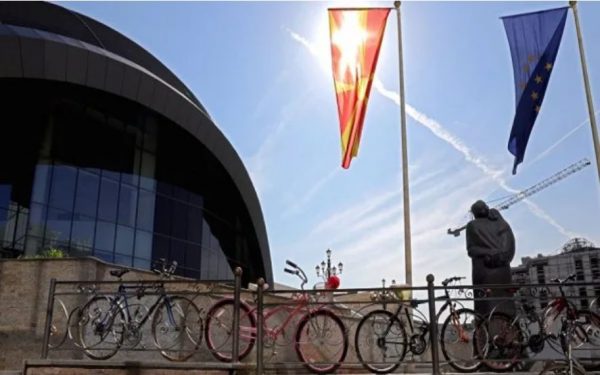Holding of the first intergovernmental conferences of the EU with North Macedonia and Albania in the first half of 2021 is one of the priorities of Portugal’s EU presidency.
After Bulgaria’s ‘cold shoulder’, Portugal has voiced an optimistic position involving the European prospects of North Macedonia as Foreign Minister Augusto Santos Silva has said the opening of accession talks with Skopje and Tirana is one of the priorities during the Portuguese presidency, which ends in June.
He noted that North Macedonia has so far delivered on many EU requirements. The country had to implement a number of very important reforms, and even change its name.
“They did their job. Now it’s time that we do ours,” Santos Silva pointed out.
He added that the Portuguese EU Presidency will seek to overcome misunderstandings between Sofia and Skopje through talks with both parties.
“We have a new development now – the issues raised by Bulgaria. It’s my intention to hold intensive talks with the governments of both North Macedonia and Bulgaria. Because it’s very important to carefully listen to the arguments of the other party. Once this is done, it’s easy to see that there’s a common ground to work on,” said the Portuguese Foreign Minister.
Deputy PM Nikola Dimitrov has said Portugal would be interested to resume Germany’s efforts despite not being close to the region ‘geographically-speaking’.
“I believe Portugal will be interested in resuming Germany’s efforts as Berlin has announced it will remain committed to the issue. I think the EU cannot afford 2021 to be like 2020 with enlargement failure. We make a mistake calling it enlargement, it’s in fact completion. Once the region becomes part of the EU, its map won’t become bigger, it’s going to stay the same. Hence, I believe completion is the more appropriate word,” he told MIA in an interview.
The accession process, Dimitrov added, is a tool for Europeanization.
“But, no one is stopping us from working on Europeanization since we have not been approved to start the accession process. The more we work at home, the more our position will be stronger when we’ll be approved to start negotiating with the EU,” he concluded.
















